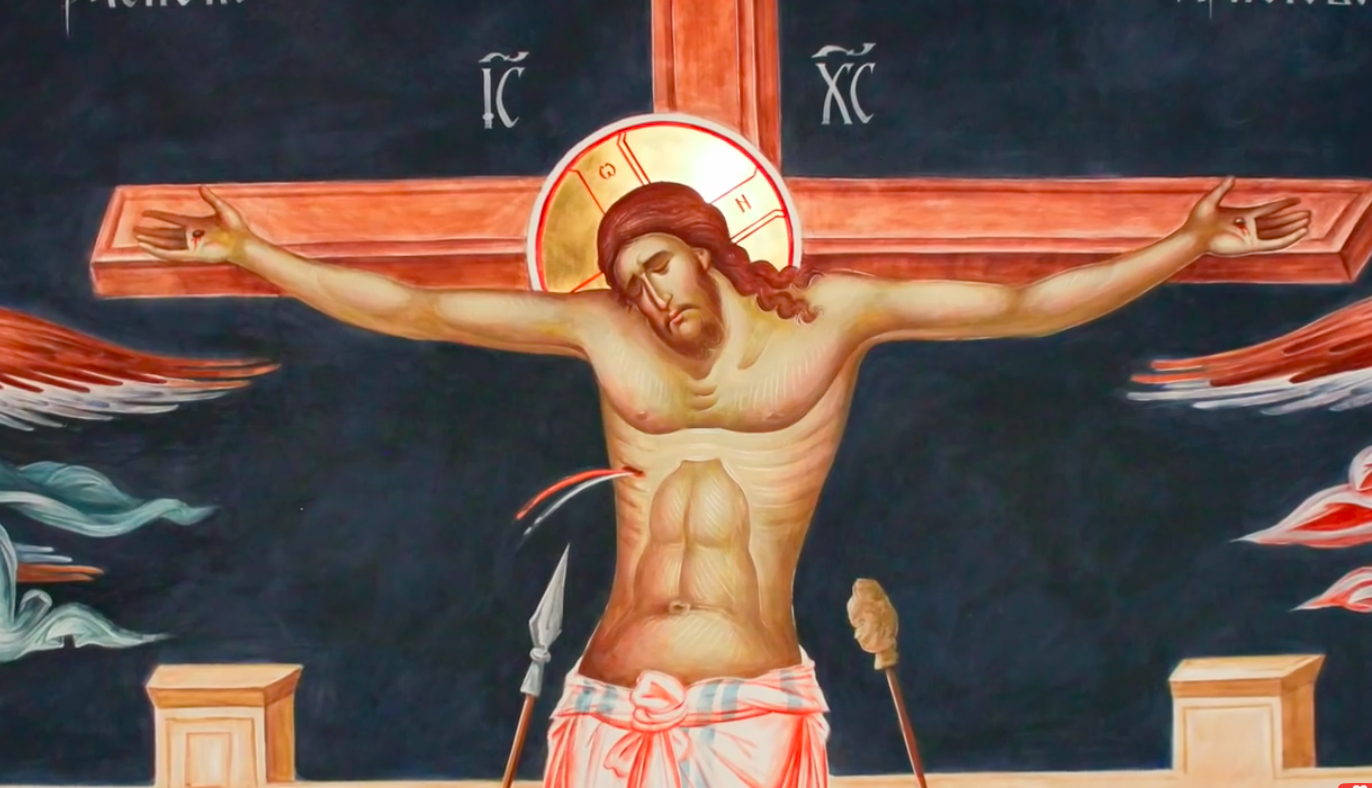To say that an unnatural sin that cries out to heaven for vengeance is no sin at all is tantamount to denying Christ was ever crucified, for He died to save us from our sins. In fact, the notion that mortal sins are not sins at all is essentially asserting that sin does not exist at all. Such is tantamount to apostasy or even atheism.
Traditionally, the Catholic Church has taught that for a moral act to be just, the object and intention and circumstances must all be good. If only one of those is missing, the entire act is evil. Heretics of moral theology of the past 70 years have usually put the emphasis on intention to the detriment of object (deed) of the act. However, a fake-Catholic in Rome recently wrote to a fake-Catholic in NYC regarding such unnatural sins: “Of course, one must also consider the circumstances, which may decrease or eliminate fault.”
He takes it to a new level in erroneously putting the emphasis on circumstances instead of object in regards to unnatural sins. That was no accident. It was both of their ways to affirm that unnatural sexual sins are not sins at all. At this point it’s safe to say that such heretics espouse not only the denial of sodomy as a sin, but that sin exists at all. Again, this is tantamount to apostasy or even atheism.
Those two heretics are asserting that one may commit unnatural mortal sins of the flesh and endure no imputation of sin from God as long as one can make some type of internal-forum, legalistic excuse as to the “circumstances” or “intention.” In other words, if you can say to your spiritual director, “I had to commit that unnatural sin because the pressure was too great to feel loved,” then you have not sinned, at least according to those two fake-Catholics.
One need not be a moral theologian to see that such is a diabolical approach to moral theology. Those two slimy Jesuits have arrived at the point of denying not only a certain sin, but even that sin exists at all. It is apocalyptically evil that they have this much reach in the Catholic Church.
If one can excuse the intention or circumstance of a moral act to the detriment of the object, then absolutely nothing ever could ever be considered a sin in moral theology. While playing legalistic games of imputation, both heretics are purposefully forgetting the medical side of sin and redemption, namely that Jesus Christ has the power to free us from all sin. Both heretics are simply aiding those with disordered desires to remain in their sins, for He who sins is a slave to sin.—Jn 8:34. That’s the worst discrimination against a disordered community that could be possible.
Of course, Jesus can forgive any sin in the confessional for His mercy is infinite. But when fake-Catholics deny the notion of sin, they also deny the notion of mercy (the very thing they hide behind, ironically.) Those two aforementioned Universalist-Unitarian Jesuits are making us believe more and more they do not believe Jesus is the Savior of the World, nor do they believe any man on earth is in danger of hell. Again, it is apocalyptically evil that they have this much reach in the Catholic Church.
Then a left-coast bishop in the US wrote in America Magazine about that same sin: “While Catholic teaching has an essential role in moral decision-making, it is conscience that has the privileged place.” In other words, you can do anything you want before God, provided you keep telling yourself your conscience is okay with it. But why not apply this moral theology to lynching black-people in the South or starting a genocide in Europe or whatever sin you personally feel you want to give yourself a “conscience pass” for?
Bishop Paprocki nicely tackled the errors of the just-above-mentioned minor-heretic here but then defended the major-errors of far-above-mentioned major-heretic here. Even liberals know that Rome fully supports that lefitst bishop in San Diego in his denial that unnatural sexual sins are sins. How dishonest of Bp. Paprocki to support the major-heretic leading countless souls to hell globally, while attacking that minor-heretic leading only a few souls to hell.
When I was a transitional-deacon in seminary nearly fifteen years ago, I saw that Catholic moral theology was moving in the direction of putting subjective manipulation of conscience ahead of objective deeds in moral theology. So, I did my 56-page thesis on conscience linked here on Word. Read that if you want a very long explanation of why subjective conscience can never trump objective natural law or Divine Revelation in moral theology.
But if you want to know the danger of denying sin in just a few short quotes, consider these:
If we say we have no sin, we deceive ourselves, and the truth is not in us.—1 Jn 1:8
“Perhaps the greatest sin in the world today is that men have begun to lose the sense of sin.”—Pope Pius XII in an October 1946 Radio Message to the Participants in the National Catechetical Congress of the United States in Boston.
“Sin is not the worst thing in the world. The worst thing in the world is the denial of sin…. If I deny that there is any such thing as sin, how shall I ever be forgiven? The denial of sin is the unforgivable sin, for it makes redemption impossible.”—AB. Fulton Sheen.
